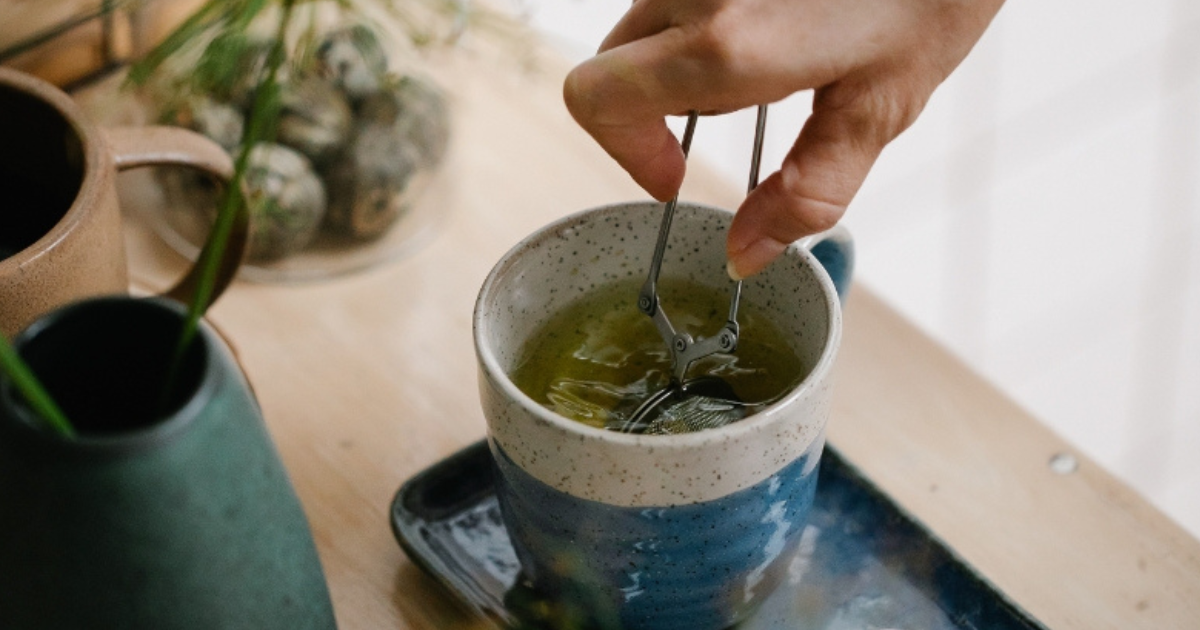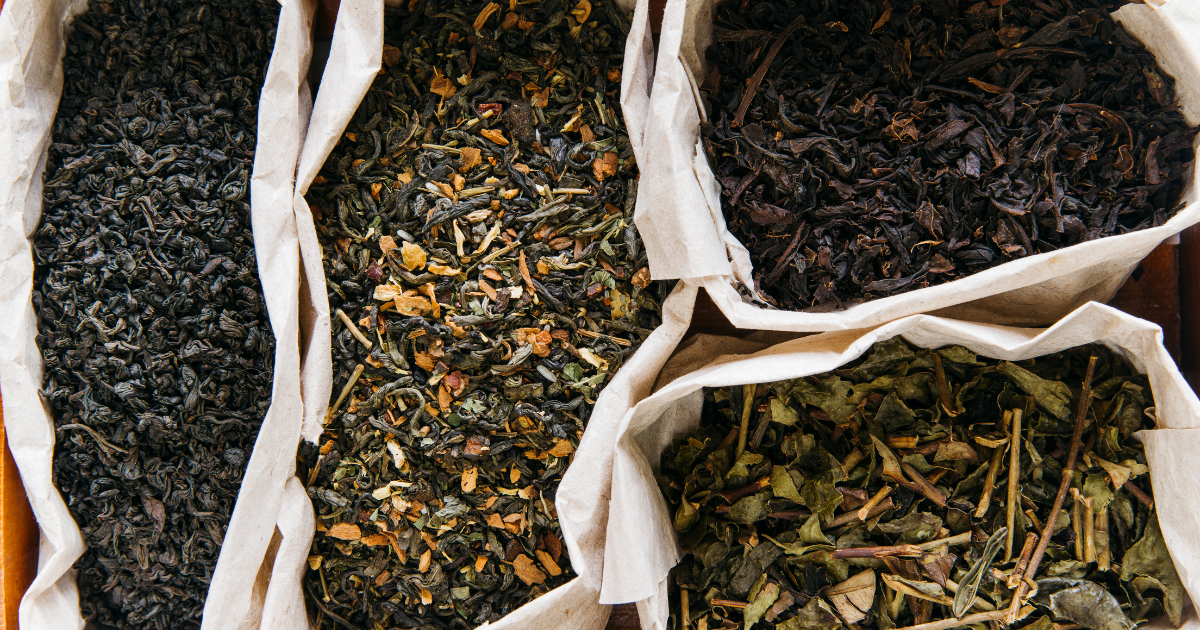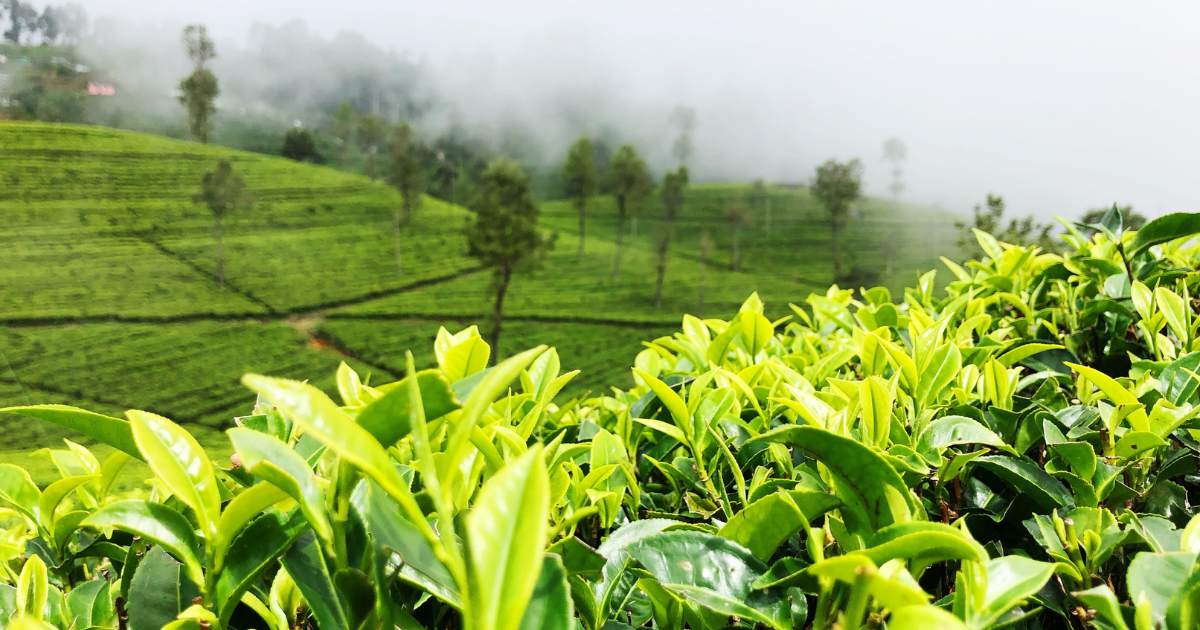Sip Your Way to Wellness: The Ultimate Guide to Tea

Tea is a beverage that has been enjoyed for centuries and has many benefits for our physical and mental health. In this book, we will explore the benefits of drinking tea, different types of tea, choosing the right tea, how to properly steep tea, and how to enjoy tea. By the end of this book, you will have the knowledge to make a perfect cup of tea that will not only relax you but also help you maintain a healthy lifestyle.
The Benefits of Drinking Tea
Tea is an excellent source of antioxidants that help our body fight against free radicals, reducing the risk of chronic diseases. Drinking tea regularly improves digestion, reduces inflammation, and boosts our immune system. Each type of tea offers different benefits. For example, green tea is known for improving blood flow, reducing cholesterol, and maintaining healthy blood sugar levels. Black tea has been proven to reduce the risk of heart disease, and oolong tea helps with weight management. Drinking tea also has a calming effect on our body, reducing stress levels and promoting relaxation.
Different Types of Tea
There are various types of tea, differing in taste, aroma, and health benefits. Green tea, black tea, oolong tea, white tea, herbal tea, and fruit tea are some of the most popular teas. Green tea is made from the unfermented leaves of the Camellia Sinensis plant. Black tea is made by fermenting the tea leaves, and it has a higher caffeine content than green tea. Oolong tea is partially fermented, giving it a unique flavor and aroma. White tea is made from the young leaves of the Camellia Sinensis plant and has a delicate and sweet flavor. Herbal tea is made from various herbs, flowers, and spices and has a wide range of flavors and health benefits. Fruit teas are made from different fruits, providing a refreshing flavor and increasing hydration.
Choosing the Right Tea
The type of tea you choose depends on your personal preference and the benefits you desire. If you are looking for a refreshing and low-caffeine tea, herbal and fruit teas are an excellent choice. If you are looking for a tea with health benefits, green tea or black tea are recommended. Oolong tea is an excellent option for those who want to enjoy the full flavor of tea without the strong bitterness of black tea. When choosing your tea, consider the quality of the tea leaves and the level of caffeine, if this is a concern for you.
How to Properly Steep Tea
The perfect cup of tea comes down to the steeping process. The temperature, time, and amount of tea leaves you use all play a crucial role in determining the taste of your tea. For green tea, the water should be heated to around 175°F-185°F and steeped for 1-3 minutes. Black tea requires boiling water and steeping for 3-5 minutes. Oolong tea requires water at around 185°F-205°F and steeping for 2-5 minutes. White tea requires around 170°F-185°F water, and it is best to steep it for 1-3 minutes. Herbal tea can be steeped for around 5-7 minutes to get the full flavor. Always measure the correct amount of tea leaves, and ensure not to over-steep the tea as this can result in a bitter taste.
How to Enjoy Tea
Drinking tea is a relaxing and enjoyable experience. To enhance your tea experience, consider investing in a teapot and a tea strainer, which allows you to control the amount of tea leaves and easily strain the tea before drinking. Enjoy your tea with some healthy snacks like nuts or fruits. Try adding a slice of lemon for a refreshing taste. Set aside some time in your day to enjoy your cup of tea, perhaps while reading a book or listening to music. Savor the aroma and taste of your tea and allow yourself to relax.
Drinking tea is a healthy and enjoyable beverage that can be enjoyed by people of all ages. By learning about the benefits of drinking tea, different types of tea, choosing the right tea, how to properly steep tea, and how to enjoy tea, you can make the perfect cup of tea that is tailored to your taste and health goals. Sip your way to wellness and enjoy the numerous benefits that tea has to offer.
References:
- Hakim IA, et al. Effect of increased tea consumption on oxidative DNA damage among smokers: a randomized controlled study. J Nutr. 2003;133(10):3303S-3309S. doi: 10.1093/jn/133.10.3303S.
- Hodgson JM, et al. Black tea lowers blood pressure and wave reflections in fasted and postprandial conditions in hypertensive individuals: a randomized study. Am J Clin Nutr. 2013;97(5):943-950. doi: 10.3945/ajcn.112.052746.
- Hursel R, Viechtbauer W, Westerterp-Plantenga MS. The effects of green tea on weight loss and weight maintenance: a meta-analysis. Int J Obes (Lond). 2009;33(9):956-961. doi: 10.1038/ijo.2009.135.
- Lin YS, Tsai YJ, Tsay JS, Lin JK. Factors affecting the levels of tea polyphenols and caffeine in tea leaves. J Agric Food Chem. 2003;51(7):1864-1873. doi: 10.1021/jf0210530.
- Wei K, Wang L, Zhou Y, et al. Chemical constituents and health effects of sweet tea (Lithocarpus polystachyus Rehd.). Chem Cent J. 2017;11(1):44. doi: 10.1186/s13065-017-0276-3.
- Chowdhury MA, et al. Effect of steeping conditions (temperature, time and particle size) on antioxidant activity and total phenolic content of some commonly used tea (Camellia sinensis) samples in Australia. Food Chem. 2018;248:296-302. doi: 10.1016/j.foodchem.2017.12.075.
- Nanjo F, et al. Scavenging effects of tea catechins and their derivatives on 1,1-diphenyl-2-picrylhydrazyl radical. Free Radic Biol Med. 1996;21(6):895-902. doi: 10.1016/s0891-5849(96)00408-2.







